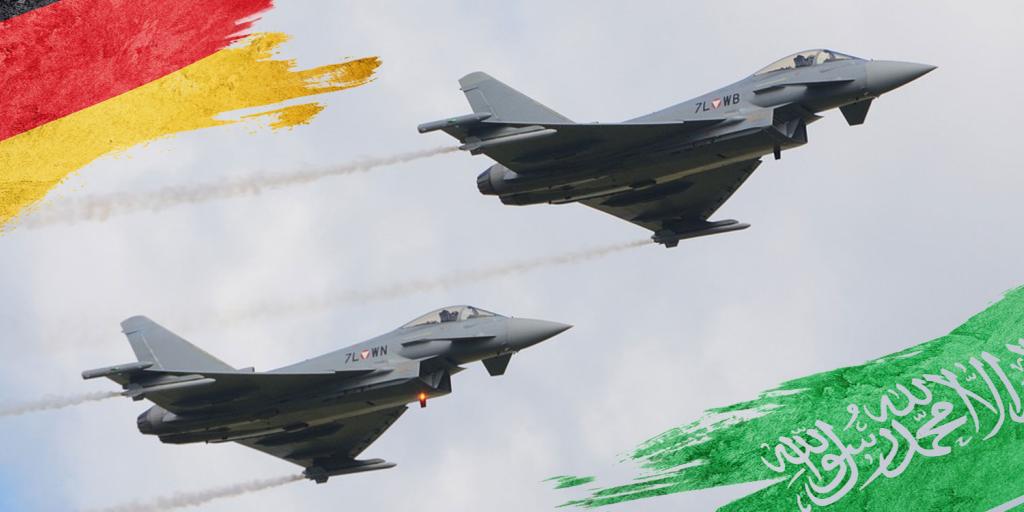
Germany Sells More Weapons to Saudi Arabia
In late 2018, Germany suspended arms sales to Saudi Arabia, following the murder of journalist Jamal Khashoggi, allegedly by the agents of the Saudi government. But German attitudes toward Saudi Arabia are now more favorable. According to German Foreign Minister Annalena Baerbock, Riyadh has helped prevent the spread of the Israel-Hamas conflict in Gaza by contributing to Israel’s safety (Deutsche Welle, January 10, 2024). In late December, Germany approved exporting 150 IRIS-T guided missiles, capable of air-to-air and ground-to-air strikes, to the Gulf state. The German foreign minister also wants to resume the sale of Eurofighters—the fighter jet Saudi Arabia recently used to shoot down Houthi missiles bound for Israel. The Saudi kingdom is viewed as an important market for German arms sales.
It is easy to conclude that Germany’s ailing economic state is the driving force behind the resumption of arms sales to Saudi Arabia. However, there may be more to this story. Germany’s involvement in the Middle East could easily expand further. Psalm 83 speaks prophetically of a temporary end-of-the-age alliance between Germany (referred to as Assyria in Bible prophecy) and several Middle East nations: “They have said, ‘Come, and let us cut them off from being a nation, that the name of Israel may be remembered no more.’ For they have consulted together with one consent; they form a confederacy against You: the tents of Edom and the Ishmaelites; Moab and the Hagrites; Gebal, Ammon, and Amalek; Philistia with the inhabitants of Tyre; Assyria also has joined with them (Psalm 83:4–8). To discover more about Germany and its future, read or listen to our detailed study guide Germany in Prophecy.



